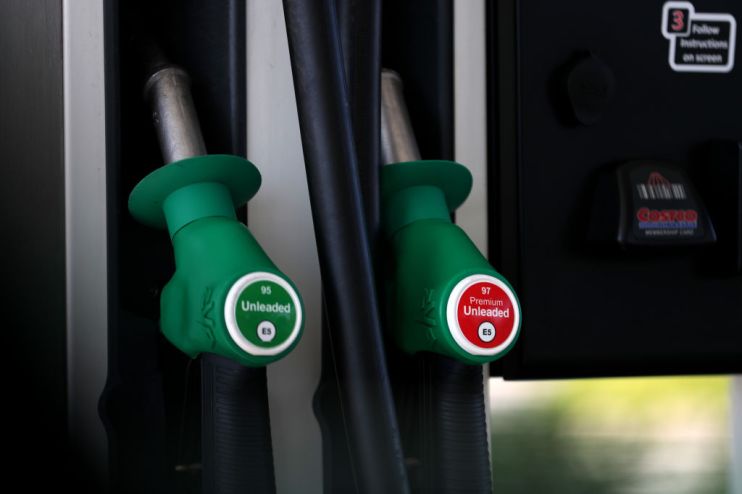UK inflation unexpectedly rises on oil prices and clothes shopping

UK inflation jumped unexpectedly to one per cent in July from 0.6 per cent in June amid a surge in global energy prices and increased retail activity, the Office for National Statistics (ONS) has said.
The consumer price index inflation reading was the highest since March and markedly higher than the 0.6 per cent analysts had predicted.
Read more: UK retail footfall continues slow recovery in July
Core inflation – which excludes volatile energy, food, alcohol and tobacco prices – rose to 1.8 per cent from 1.4 per cent in June. Economists had predicted a fall to 1.3 per cent.
“Inflation has risen, in part, due to the largest monthly pump price increase in nearly a decade, as international oil prices rose from their lows earlier this year,” said ONS deputy national statistician Jonathan Athow.
The US crude oil price briefly turned negative for the first time in history in April as demand collapsed. Brent crude, the UK benchmark, also cratered.
Prices rebounded sharply in May, June and July, however, as economies around the world reopened.
Biggest boost to inflation came from clothes
Yet Athow said that the largest upward movement in prices came from clothes. These “fell on the month but by less than a year ago, partly due to different sales patterns throughout the year so far”.
“In addition, prices for private dental treatment, physiotherapy and haircuts have increased with the need for personal protective equipment contributing to costs for these businesses.”
The July inflation reading may come as a surprise to policymakers at the Bank of England, who said they expected a brief period of deflation in August.
However, Ruth Gregory, senior UK economist at consultancy Capital Economics, said the figures are “unlikely to mark the start of an upward trend”.
“The rise in clothing inflation may reflect retailers delaying summer discounting,” she said.
“What’s more, in August, the effects of the cut in the VAT rate for hospitality and tourism on 15 July… and August’s ‘eat out to help out’ restaurant discount scheme will kick in.”
The figures come as the UK economy continues to reopen, although fears about coronavirus remain.
Read more: UK falls into worst recession after record 20.4 per cent GDP plunge
Britain’s economy shrank by a record 20.4 per cent in the second quarter amid the coronavirus lockdown, figures showed last week.
Yet growth restarted in May and picked up in June, when the economy expanded by 8.7 per cent.